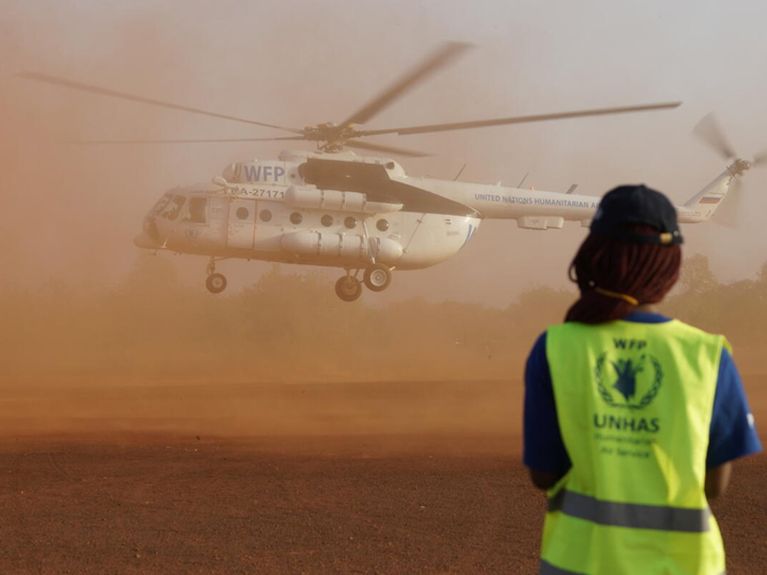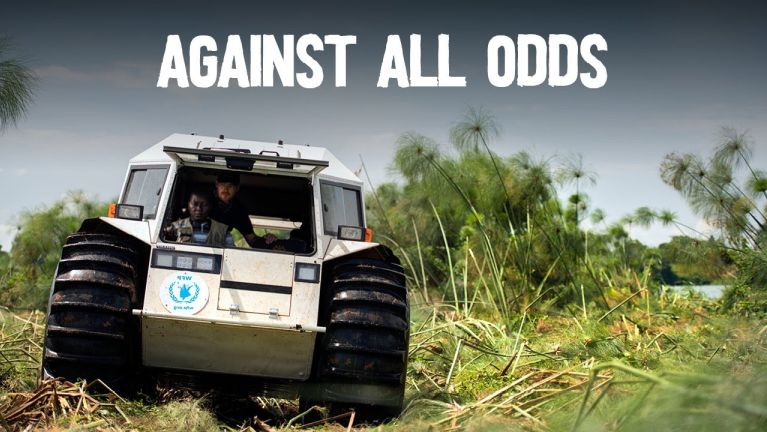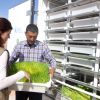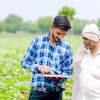UN programme: a Nobel Peace Prize laureate
For 60 years, the UN World Food Programme has been fighting hunger worldwide. Germany is one of its biggest supporters.

Founded in 1961, the World Food Programme (WFP) supports millions of people around the world year after year. In 2020, the United Nations World Food Programme was awarded the Nobel Peace Prize for its tireless efforts. An overview of its history, goals and Germany's role.
From Eisenhower's initiative to the Nobel Peace Prize
On the initiative of then US President Dwight D. Eisenhower, the WFP was founded in 1961; its work was to be evaluated three years later. As early as 1963, the first development programme was launched in Sudan, and in the same year the first school meals programme began in Togo. Eventually, in 1965, the WFP was established as a fully-fledged UN programme.
The World Food Programme provides emergency aid, but also sets up longer-term development programmes. In October 2020, WFP was awarded the Nobel Peace Prize for its efforts to fight hunger, promote peace in conflict areas and prevent the use of hunger as a weapon.
Zero Hunger in 2030
In 2015, the global community adopted 17 UN Sustainable Development Goals (SDGs). The WFP's top priority is SDG 2: Zero Hunger. Yet in November 2021, the UN agency declared that 45 million people worldwide were at risk of hunger. "Tens of millions of people are staring into the abyss. We've got conflict, climate change and COVID-19 driving up the numbers of the acutely hungry," warned WFP Executive Director David Beasley.
Germany's commitment
Germany is one of the WFP's most important donor countries. In 2020, a record contribution of more than one billion euros was paid out, making the Federal Republic the second largest donor country after the USA. The WFP works closely with the Federal Ministry for Economic Cooperation and Development and the Federal Foreign Office, but also, for example, with the Society for International Cooperation (GIZ) and the KfW Bankengruppe (formerly Reconstruction Loan Corporation) in Germany.
Dieses YouTube-Video kann in einem neuen Tab abgespielt werden
YouTube öffnenThird party content
We use YouTube to embed content that may collect data about your activity. Please review the details and accept the service to see this content.
Open consent formYou would like to receive regular information about Germany? Subscribe here:



